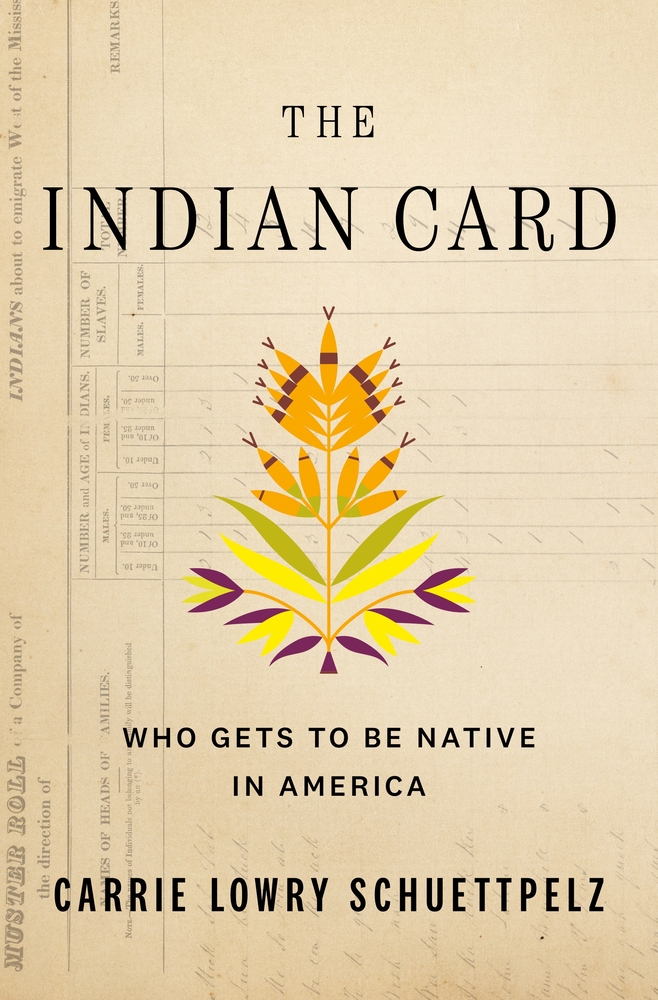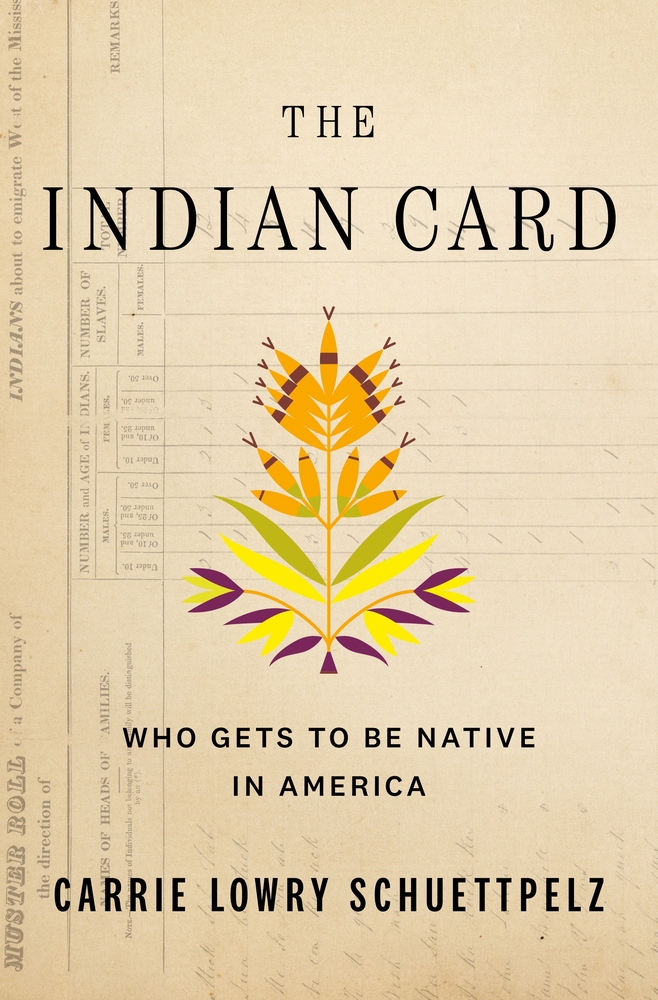
The Indian Card: A Journey Through America's Native Identity Problem
The project:
The Indian Card is about what happens when rules around Native identity—many of which were created by a US government intent on wiping out Native people altogether—inhibit Native people from creating successful, sustainable communities. This issue is of urgent importance in Indian Country, and has broad implications for diversity in the US. The Indian Card tackles it head-on through personal narrative, interviews with Native people from around the country, historical interludes, and data deep-dives, addressing what animates the implicit question of who is or is not “Native enough."
From The Indian Card:
I imagine that the width of the chasm between claiming Native identity and being formally verified as having it feels different for each person who approaches it. Some may not notice its existence at all. They’ve been told, for example, that their great-great-great grandmother was a Cherokee princess, and so they dutifully check the Indian box whenever they get the chance. It’s a mere transaction. Maybe they don’t even know that the concept of enrollment exists.
For others, like Jonathan Buffalo, this gap is probably more akin to a fiery pit, flames whipping his face each time he gets close enough to peer over its edge. He’s known about this chasm his entire life, of course; it’s difficult to ignore, and impossible to cross. His father wasn’t Native. And, in Jonathan Buffalo’s tribe, only people with Native fathers can enroll.
For me, the gap seems to change shape every time I approach it. Sure, I’m enrolled in a tribe. I have an Indian Card—a wallet-size piece of plastic—that proclaims it so. And, yes, ownership of this card makes me feel validated in ways that I’m still trying to unpack in therapy. But I did not grow up surrounded by my Native community, on a reservation or otherwise. I am, mostly, white-passing. My last name is an amalgamation of German consonants that I’m told translates loosely as something about fur. The one-quarter of Indian “blood” that I possess could just as easily be stated as the reverse equation—I am three-quarters German, too.
Rationally, of course, I know that this isn’t how it works. Every person carries multiple identities. Some might even carry them like me—rattling around inside them like breakables on a flimsy shelf. And I know that blood cannot be divided into fractions like an apple—clean-cut and cored; separate and distinct pieces of a whole.
But the validation; the evidence: I can’t shake the feeling that this is unique to Native people. That we, uniquely, have been forced into needing to constantly prove our identities to ourselves and others. I can’t unsee the injustices for people like Jonathan Buffalo, who cannot clear the final hurdle of his own identity because of the “evidence” required.
The grant jury: A candid, unflinching look at the sometimes subtle, sometimes ruthless ways federal policies undermine Indigenous culture and society. Carrie Schuettpelz understands firsthand how official tribal membership rations not only access to benefits such as healthcare and housing stipends, but also an ineffable sense of belonging. Her thorough excavation of the painful history that gave rise to rigid enrollment policies is a courageous gift to our understanding of contemporary Native life. To her engagingly direct voice and assured scholarship she adds a mighty resource: a data set of enrollment criteria in the 347 federally recognized tribes in the contiguous United States. This is groundbreaking work driven by curiosity, rigor, and high personal stakes.
Carrie Schuettpelz is an Associate Professor at the University of Iowa, where she also serves as the Vice President of the Native American Council. She is an enrolled member of the Lumbee Tribe. Prior to receiving her MFA in Creative Writing from the University of Wisconsin-Madison, she spent seven years working as a policy advisor in the Obama Administration, focusing on homelessness and tribal policy. She holds a Master’s in Public Policy from Harvard University and was a Fulbright Scholar in Denmark. She lives in Iowa with her husband and two children.
Selected Works

